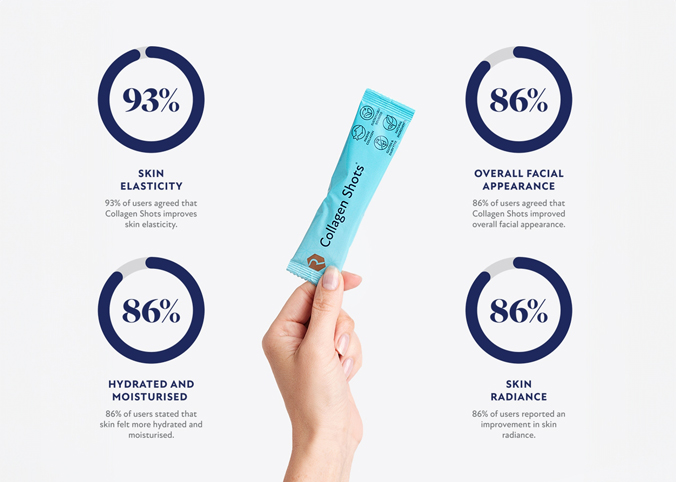What are cognitive enhancers?

The quest for enhanced cognitive performance has a long history, from exotic drink concoctions being sipped in ancient Greece to ‘smart drugs’ being taken by modern students the drive; over time the science has progressed and the demand has risen. Recently, cognitive enhancers have gained increased popularity as research has indicated that a host of benefits from boosting brain memory to intensified focus are achievable through their consumption. Here we’re going to dig a little deeper.
What are Cognitive Enhancers?
Cognitive enhancers encompass a diverse range of substances, both natural and synthetic, aimed at improving cognitive function. This can include everything from caffeine and omega-3 fatty acids to prescription medications like modafinil. While the mechanics of how cognitive enhancers work may differ, they share a common goal of influencing various brain processes like memory, attention, learning and information processing.
What are the most common Cognitive Enhancers?
As mentioned, there is no shortage of substances that have been bracketed as cognitive enhancers. But some of the most commonly researched and consumed are:
Caffeine
Caffeine works by passing through the blood-brain barrier and blocking adenosine, a molecule that promotes sleepiness; which can lead to increased alertness and improved reaction times.
Omega-3 fatty acids
Essential for brain health, these fatty acids are key to neurotransmission, cell membrane function; and linked to memory enhancement and learning.
Nootropics
Synthetic compounds, known as nootropics, such as Noopept, L-Theanine and Piracetam, aim to improve various cognitive functions. Nootropics are linked to brain health and neurotransmission.
Stimulants
There are a plethora of stimulants that we could reference here, but some of the most common ones are ritalin and adderall. These stimulants are most commonly prescribed for ADHD as they increase dopamine and norepinephrine levels, which can lead to increased focus and a reduction in impulsivity.
Are Cognitive Enhancers good for ADHD?
For individuals with ADHD, stimulants such as Ritalin and Adderall are well-established and effective treatments. They work to address the core symptoms of ADHD by promoting focus, and improving the capacity for organisation. However, self-medicating with cognitive enhancers for ADHD or any cognitive disease or disorder is not advised. This is largely due to concerns over potential misuse and side effects.
Are Cognitive Enhancers good for dementia?
While the scientific research is clear in stating that there is no known cure for dementia, some cognitive enhancers like donepezil have shown promise in slowing down the progression of dementia. These medications work by increasing acetylcholine, a neurotransmitter involved in memory and learning. The effectiveness of cognitive enhancers is largely dependent on the current level of advancement and how the individual responds; as dementia treatments are rarely a one-size-fits-all.
What are the side effects of Cognitive Enhancers?
As with all substances, cognitive enhancers serve to deliver a benefit, but there has been research to suggest that with one benefit may come an adverse side effect. The most common physical side effects of taking cognitive enhancers depend on the cognitive enhancer that you take; with medications most likely to cause issues, but symptoms can stretch from headaches and sleep disturbances, through to heart palpitations and digestive upset. Additionally, side effects may not just be limited to physical attrition. Side effects such as anxiety and paranoia, as well as addiction and dependence can be experienced in some cases too.
Before taking any cognitive enhancer medication you should always consult a healthcare professional. Nootropics such as L-Theanine are a positive alternative to cognitive enhancer medications.
Remember, cognitive enhancers are not magic bullets for dementia, ADHD or more affable reasons for consumption. A healthy lifestyle with adequate sleep, exercise and a balanced diet are also crucial for optimal brain function.
True brain power lies not just in substances, but in a holistic approach to your wellbeing.






